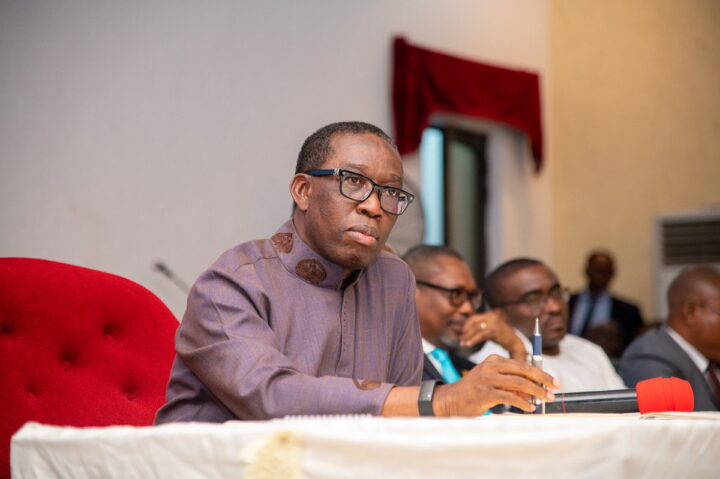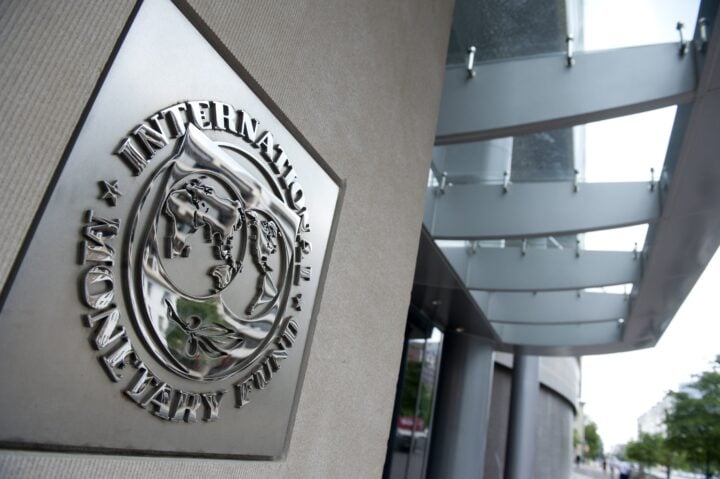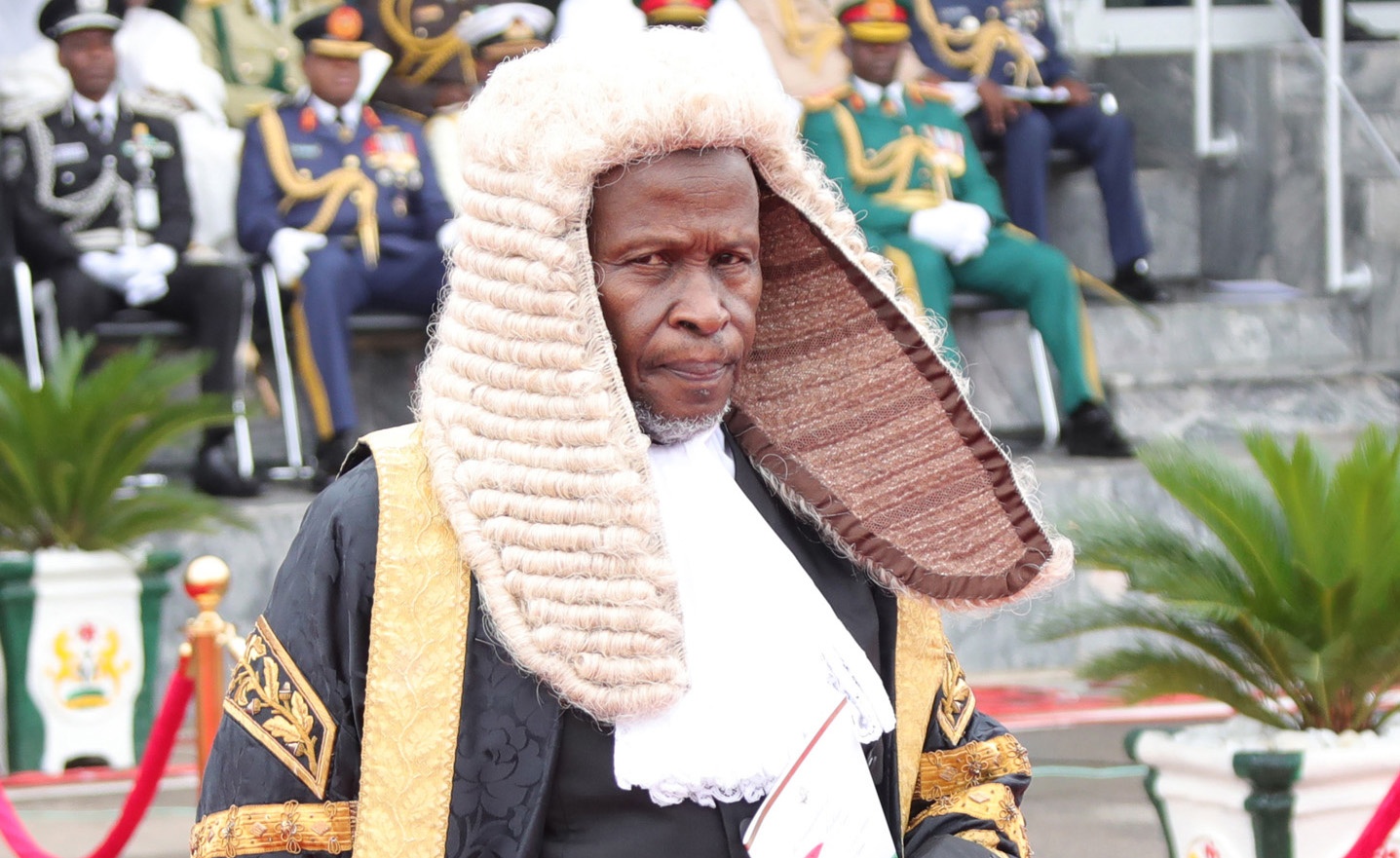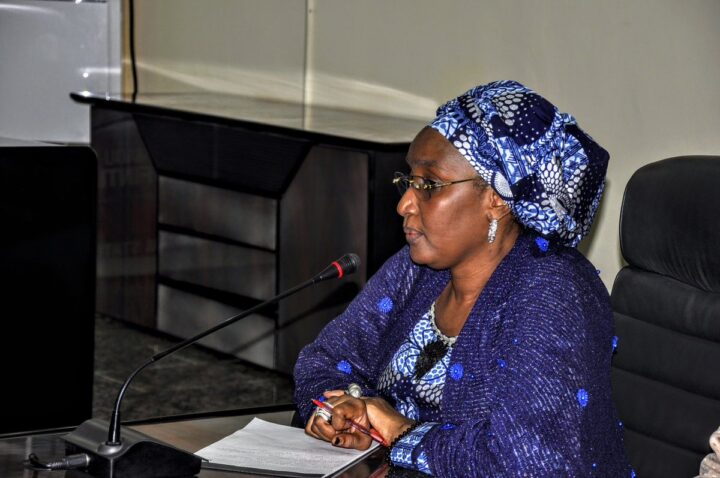“Corona no big pass us, we go fight am, we go win am … as long as we remember to always do the right thing: wash your hands, love each other, we go win.” This is the lyrics of a song by popular Nigerian musician Cobhams Asuquo recently posted on Youtube by the United Nations Children’s Fund (UNICEF).
The song is just one of the numerous campaign messages on how to stay safe from the coronavirus. The World Health Organisation and other authorities have continued to emphasise the need for handwashing as well.
But how realistic is this for the millions of Nigerians who do not have access to water supply? Did you know? A UNICEF multi-indicator cluster survey (MICS) conducted in 2017 shows that roughly one in three Nigerians representing 69 million citizens do not have access to safe water.
In Abuja, many of the communities on the outskirts of the city do not have access to clean water, according to findings by TheCable
Advertisement
During a visit to some of the communities across three area councils in the federal capital territory, TheCable discovered that besides not having access to water supply for basic things, measures such as social distancing and the use of hand sanitisers are near-impossibilities for most of the residents.
IN GOSA KPAI KPAI, A STREAM IS ONLY SOURCE OF WATER
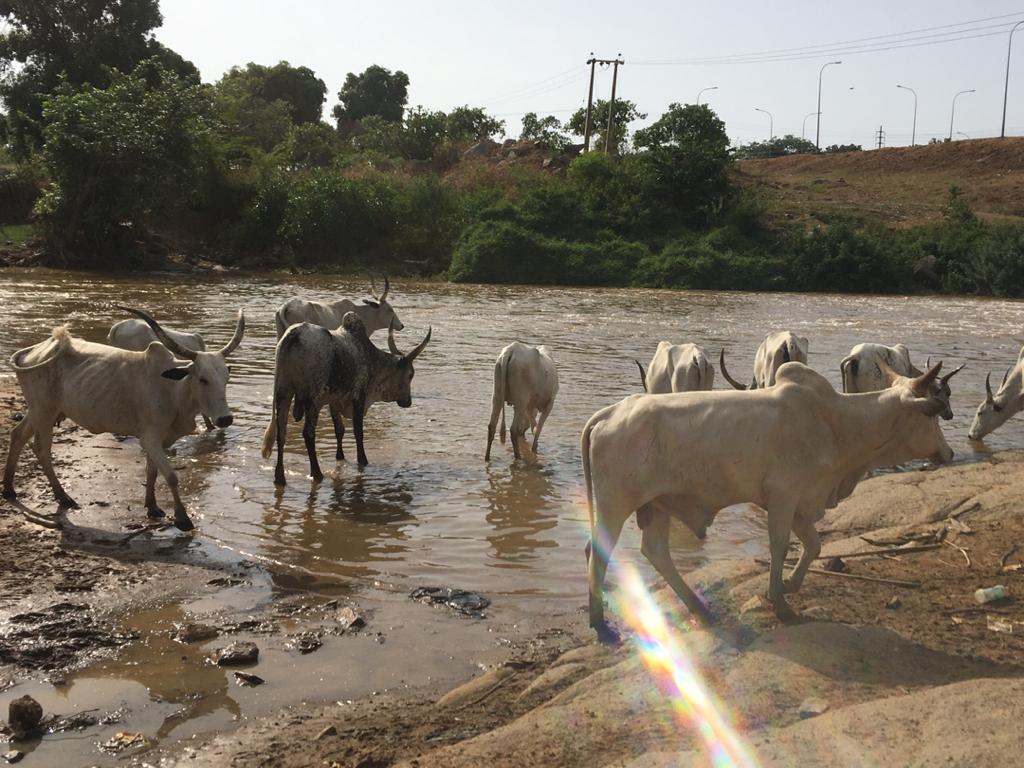
Since learning of the coronavirus, there is barely much Yusuf Awetu and other residents of Gosa Kpai Kpai community in Abuja Municipal Area Council could do to stay safe from the virus. They wake up early morning to trek a few kilometres to the stream nearby from where they would fetch water, then leave it for a better part of the morning for dirt to settle underneath.
Advertisement
However, the stream is becoming muddy as a result of the rain in recent days.
“The rain dumps more refuse and all sorts of things into the stream,” Awetu told TheCable during a visit to the community.
“As you can see, that is what we use for everything here,” he added, pointing to the flowing river flanked by the sides with boys and girls washing clothes and having their bath.
“I don’t drink it but most people here do, although there is often the temptation to because you won’t find sachet water most of the time.”
Advertisement
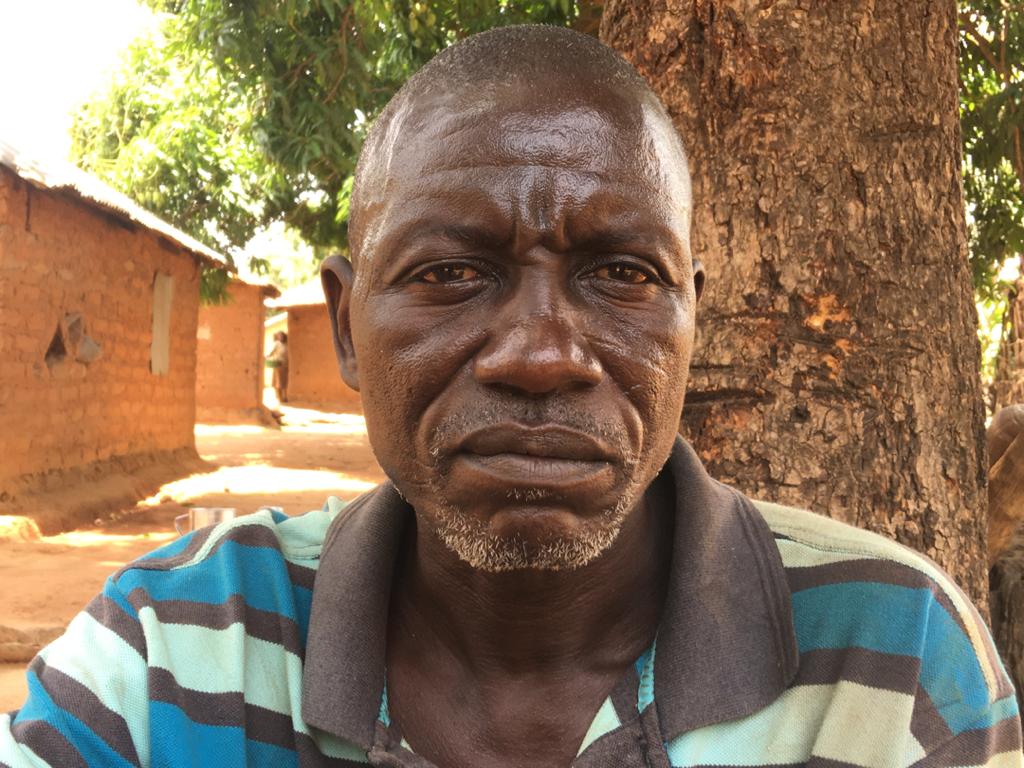
We were still standing by the side of the stream when a herd of cattle arrived, marching through the stream and drinking away.
“It is nothing new,” Awetu murmured, in response to a curious look on the reporter’s face. “They pass here every now and then and we just have to wait for the river to settle to continue fetching.”
The community has not always had it this bad anyway. Late 2019, the Niger River Basin Development Authority installed a water pump for the roughly 600 residents in the area. It was a turning point in their life, but unfortunately it only lasted for just a few months as water started running in near droplets, according to the residents.
“These days, the water barely comes out no matter how long you pump it. The taps run for just about 20 minutes and that is never enough for the few people that make it out early” said a villager who identified himself as Ndubuisi.
Advertisement
“We suspect the engine is faulty and despite several complaints to those that built it, nothing has been done about it.”
THE KUJE COMMUNITIES WHOSE ONLY SOURCE OF WATER IS THREATENED
Advertisement
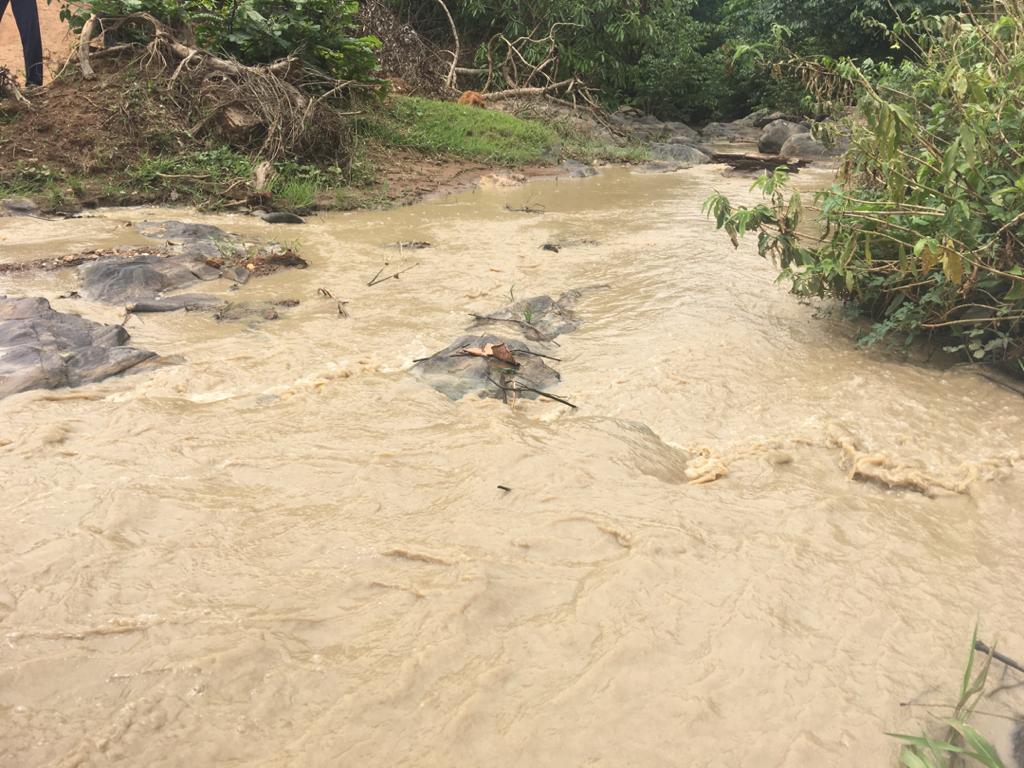
Like Gosa Kpai Kpai, a number of communities in Kuje area council cannot relate to campaigns about regular handwashing. Besides not having access to safe water, most of the communities are located about 100 kilometres away from Abuja town and lack government presence.
After a bumpy ride of about one and half hours, TheCable reporter arrived at Kutasa community to meet some residents who lamented they were abandoned by the government and were reluctant to speak about their travails because “nothing has ever been done”.
Advertisement
Their major angst, however, is that miners of solid minerals in the area have contaminated a stream which serves them and about five other communities including Tukaba 1, Tukaba 2, Sabongaduru, Kahodahanu and Kabin-Mangoro.
The youth leader in Kutasa who gave his name as Samaila Tabo said the residents now have to travel to neighbouring communities for water or at best, dig ponds around their farmlands in the hope of getting water.
Advertisement
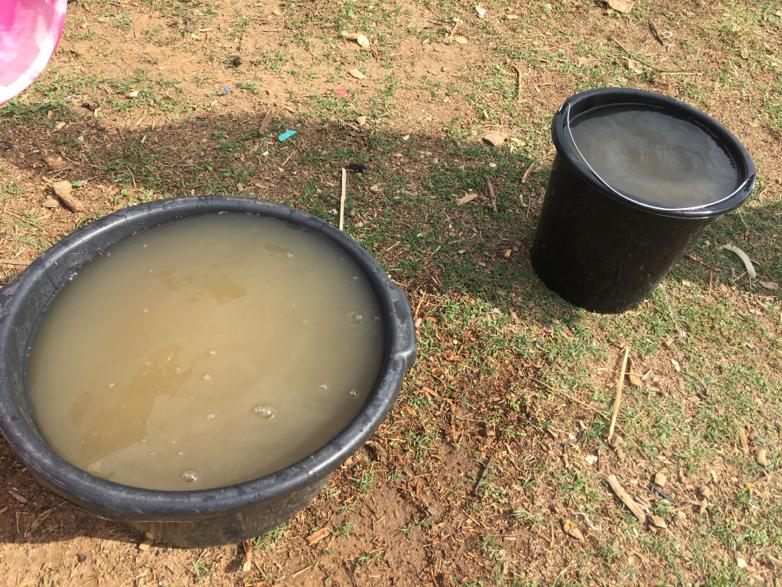
“It is the water from the pond that we use for whatever we want to do; we cook with it and even drink it,” Tabo told TheCable. “It is not as if we don’t know they could be harmful (to the health) but what choice do we have?”
Other villagers in the community who spoke with TheCable recounted how the stream, even though not completely convenient, used to serve them before the large-scale mining in the area.
In Kabin-Mangoro of which only source of water used to be the stream as well, a farmer who identified herself as Esther Dado said, “the water used to be very clean and clear from the surface, but what we have now is just very dirty.”
It is one thing not to contract the coronavirus, but it is also another thing to stay safe from other infectious diseases.
“Most of us don’t have any choice,” said Tabo, well aware of the 70,000 under-five children which UNICEF says die annually in Nigeria as a result of cholera. “Whether coronavirus or not, we just want clean water or is that too much to ask for?”
PRIVATE SECTOR TO THE RESCUE — BUT THAT IS NOT ENOUGH
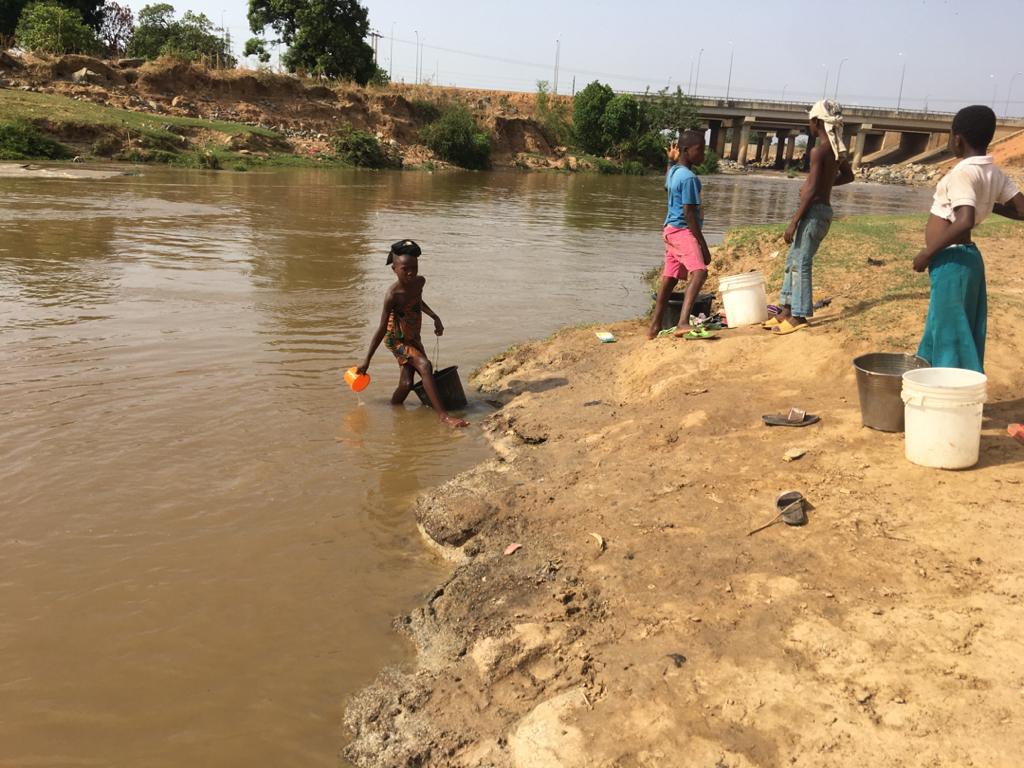
Amid the difficulty, various actors in the private sector have stepped in, but current realities still show a lot still needs to be done as those intervening usually have limited capacity to do so.
UNICEF, which estimates that only 26.5 percent of Nigerians use improved drinking water sources and sanitation facilities, has carried out some interventions in the water, sanitation and hygiene (WASH) sector, mostly in rural communities.
Zaid Jurji, chief of WASH section at UNICEF, believes the private sector can work closely with the government to “actively create sustainable solutions to address the WASH needs of unserved and underserved communities through the lens of corporate social responsibility”.
In Ruga Katampe, residents whose only source of water used to be a foot part from where they wash, bath and drink, now enjoy a borehole which was provided for them in 2019 through the efforts of Mayor Otu, a documentary photographer who spends most of his time advocating for better society.
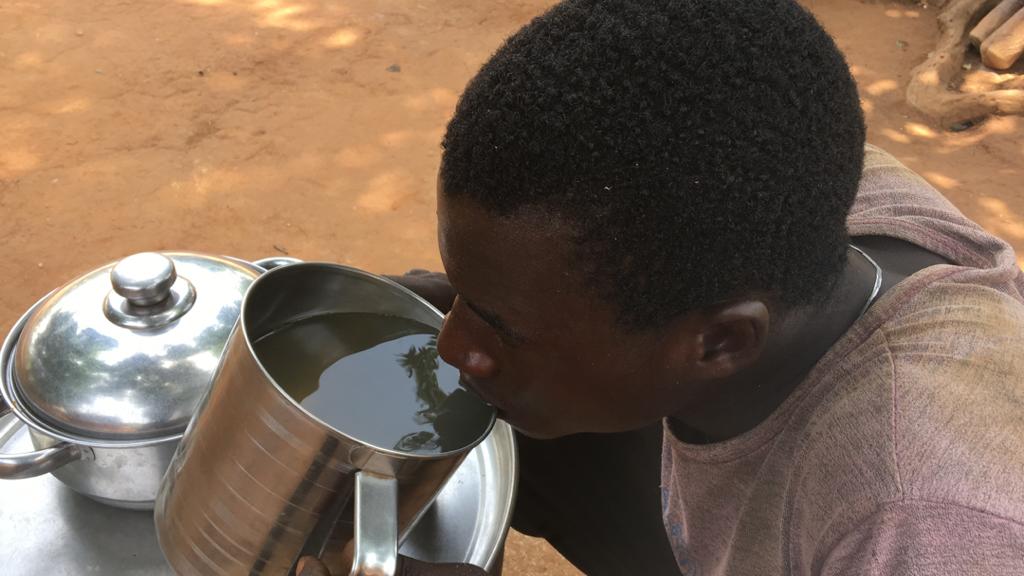
Otu learnt of the community’s woes on Instagram where a friend of his shared pictures from the area, and thereafter, he took it upon himself to ensure they get water.
“If I had 500k, I would have fixed a borehole in Ruga Katampe and give these people clean drinking water. How many RTs to get @Sterling_Bankng to give Ruga Katampe a borehole?” he once tweeted in reply to a tweet from Sterling Bank.
In the end, he got the bank to provide water for the community and he is even more determined to replicate the feat in many other places across Nigeria.
“I believe that gifts are not gifts until they are shared. At the end of the day, I dont want to be remembered as a photographer but as someone who used his gift to help other people,” Otu recently told TheCable over the phone.
“If I really had the 500k, I wouldn’t ask anybody. I would have gone to get them the borehole. That is impact for me.”
Add a comment


